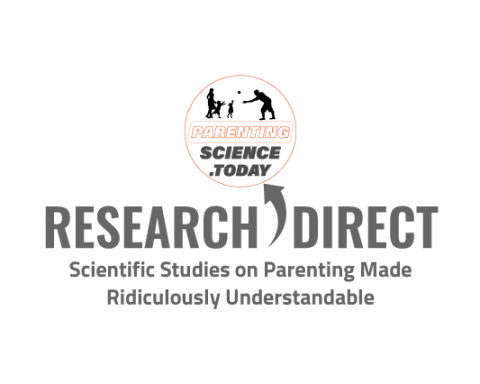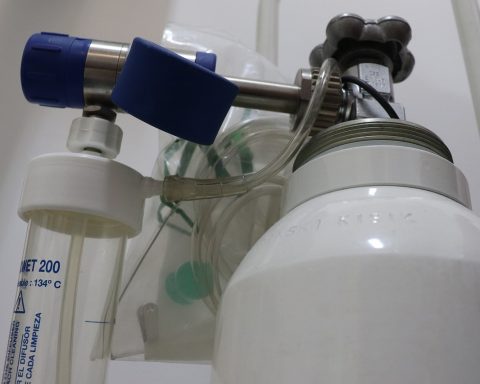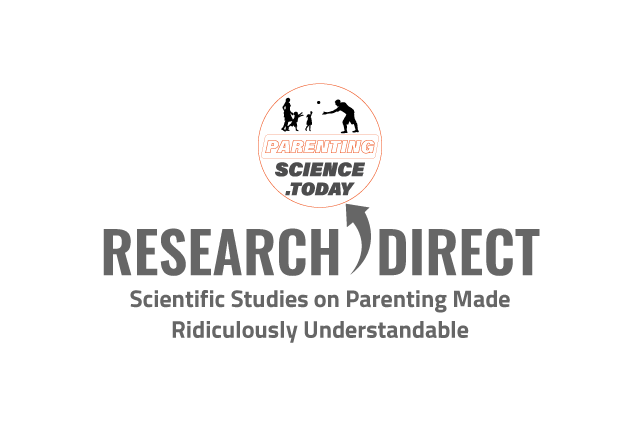Women who are pregnant or breastfeeding require a higher level of nutrition. Nutrient deficiencies, even in minute amounts, might have detrimental effects on both pregnancy and lactation.
For example, zinc is required for several enzymatic functions, including cell and tissue growth, cell division, embryogenesis, fetal growth, and development, as well as milk production and secretion. Therefore, zinc is an absolute necessity during pregnancy and lactation, and any deficiency might seriously compromise the development of the baby.
Luckily, zinc deficiency during pregnancy and lactation almost never occurs, except when mothers are severely malnourished. Even high levels of phytate, which inhibits the absorption of zinc, do not seem to cause zinc deficiency during these crucial periods. (Phytate is present in high quantities in plant-based diets of corn, cereal, and rice.) This can mean only one thing: The human body has developed ways to cope with the increased demand for zinc during pregnancy and lactation.
A Research Study
A study conducted at the University of Colorado titled “Upregulation of Zinc Absorption Matches Increases in Physiologic Requirements for Zinc in Women Consuming High- or Moderate-Phytate Diets during Late Pregnancy and Early Lactation” showed that the body increased its absorption of zinc in late pregnancy and early lactation. Even a diet rich in phytate could not prevent it.
The participants of the study were Guatemalan women of childbearing age whose diet mainly consisted of corn. The participants were divided into two groups: a control group that consumed a normal diet consisting of corn high in phytate and a low-phytate group that received corn with 80 percent less phytate.
The participants were provided with enough corn on a weekly basis to meet the needs of the entire household. The corn provided was their only source of corn during the study. The mothers received the corn for a minimum of three months before conception, through pregnancy, and during the first six months of lactation.
The study was conducted in four phases. Phase 1 was the first trimester of pregnancy. Phase 2 was the third trimester of pregnancy. Phase 3 was the second month of lactation, and Phase 4 was the sixth month of lactation.
Results
All the results indicated higher zinc absorption corresponding to the increased demand for zinc during late pregnancy and early lactation. The total absorbed zinc (TAZ) increased during pregnancy and peaked in early lactation for both the control and low-phytate groups. Although the amount of absorbed zinc was a bit lower in the control group than in the low-phytate group, it was enough to meet the physiological requirements.
In addition, the total amount of zinc absorbed by nonpregnant and nonlactating women was predicted and compared with the results. The TAZ values for the low-phytate and control groups exceeded the TAZ values predicted for nonpregnant and nonlactating women, which suggests that the increased absorption of zinc is specific to pregnancy and lactation.
Conclusion
The study shows that the body’s physiological requirements for zinc can be met during pregnancy and lactation, even when the mothers consume diets high in phytate.
Another study conducted in rural China showed that the physiological requirements for zinc during lactation could still be met even if the intake of dietary zinc was lower than the amount of zinc ingested by the participants in the above study.
However, this increased absorption cannot compensate for severely reduced quantities of zinc in the diet. A well-balanced diet for the mother is essential to the health of both mother and baby.
References
- Hambidge, K. Michael, Leland V. Miller, Manolo Mazariegos, Jamie Westcott, Noel W. Solomons, Victor Raboy, Jennifer F. Kemp et al. “Upregulation of Zinc Absorption Matches Increases in Physiologic Requirements for Zinc in Women Consuming High- or Moderate-Phytate Diets during Late Pregnancy and Early Lactation.” The Journal of Nutrition 147, no. 6 (2017): 1079–1085. Retrieved from https://academic.oup.com
- Xie, L. M., X. Chen, and J. Pan. “The Effects of Zinc Supplementation to Chinese Rural Pregnant Women and Their Pregnancy Outcome.” Journal of Shanghai Second Medical University 13 (2001): 199–124. Retrieved from http://www.cnki.com.cn













